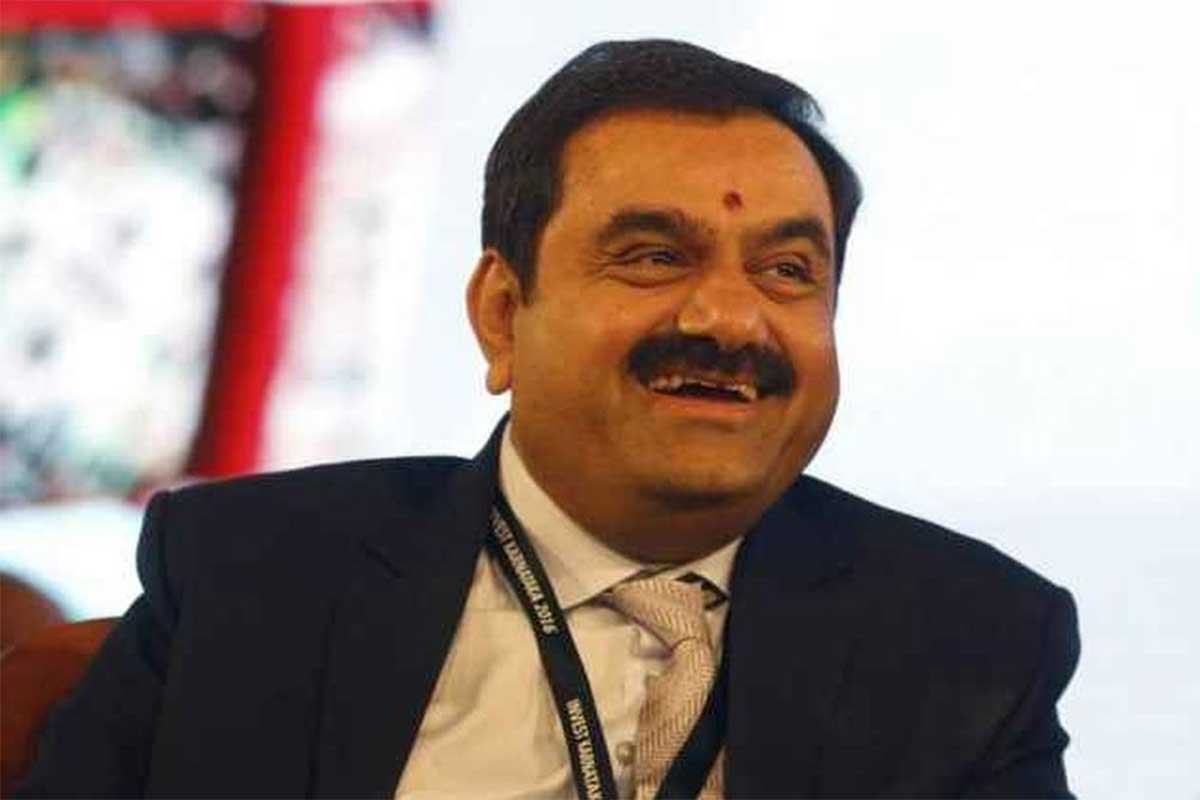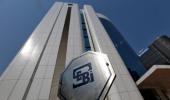The Supreme Court on Friday said it has no reason to "discredit" SEBI, which probed allegations against the Adani group, as there was no material before it to doubt what the market regulator has done and the court does not have to treat what was set out in the Hindenburg report as a "true state of affairs".

While asking the Securities and Exchange Board of India (SEBI) what it intends to do in future to ensure investors don't lose wealth due to volatility in stock market or short-selling, the apex court observed it would not be proper for it to set up a special investigation team (SIT) on its own without any material before it.
A bench headed by Chief Justice D Y Chandrachud, which reserved its order on a batch of pleas concerning the Adani-Hindenburg row on allegations of stock price manipulation, said it cannot ask a statutory regulator to take as a "gospel truth" something which was published in the media.
"We don't have to treat what is set out in the Hindenburg report as ipso facto (automatically) a true state of affairs. That is why we directed the SEBI to investigate. Because for us to accept something which is in the report of an entity, which in not before us and whose veracity we have no means of testing, would really be unfair," the bench, also comprising justices J B Pardiwala and Manoj Misra, told advocate Prashant Bhushan, who was appearing for one of the petitioners.
Bhushan argued that SEBI's role in the matter was "suspect" for several reasons because a lot of information was available to the regulator way back in 2014.
"They have completed their investigations. They are saying that is now in their quasi-judicial power. Should they disclose the investigation before they issue a notice to show cause," the bench asked.
Bhushan said it was for the apex court to see whether the probe done by the SEBI was credible or not and whether some other independent organisation or an SIT was needed to be formed to investigate it.
"Where is the material before us for us to doubt what SEBI has done," the bench observed.
It also took serious note of Bhushan's claim that two of the members of the apex court appointed expert committee have serious "conflict of interest".
The bench said there has to be some responsibility about the allegations being made as it was easy to level allegations.
"You have to also be very careful. It is very easy to make allegations. We are not here giving a character certificate. But equally we have to be conscious about fundamental principles of fairness," the bench observed.
Dealing with the submissions relating to SEBI probe, it said, "We have to be also conscious that SEBI is a statutory body exclusively entrusted with the jurisdiction to investigate into stock market violations. Today, is it proper for a court, the highest court, to just without any material to say that we will not let you investigate and we will constitute an SIT of our own? This has to be done with a great deal of calibration."
Bhushan referred to the Hindenburg report as also some media report to buttress his arguments that SEBI's probe was not credible.
"I don't think you can ask a statutory regulator to take as a gospel truth something which is filed in a newspaper, whether in the Guardian or the Financial Times. We have no reason to discredit them...," the bench said.
"Therefore, should SEBI be following up journalists and ask a journalist, who is not subject to their jurisdiction, to disclose the underlying materials," it said.
Bhushan argued that if a journalist can get hold of documents, how can the SEBI, with all its vast powers of investigation, not be able to get hold of these materials.
The bench said there was always a correct way of looking at it for a simple reason that when "you are dealing with a body which is governed by evidentiary requirements... somebody who publishes something in the public realm, is not bound by the evidentiary standards with which a statutory body is bound".
"They are amenable to jurisdiction of the security appellate tribunal. You can't pick out and say well, I will rely on newspaper report and issue a notice of show cause. That notice will be quashed by a judicial body," it said.
Bhushan said the show cause notice would not be quashed if it was based on credible information which leads to suspicion.
"As a court, how do we treat it as credible? We will have to rely on our investigative agencies to investigate it," the bench said, adding, "We can't make that assumption that it is either credible or lacking in credibility."
Solicitor General Tushar Mehta, appearing for SEBI, told the bench that there was "a growing tendency of planting stories outside India to influence things and policies inside India."
At the outset, Mehta apprised the bench that investigation in 22 out of the 24 cases relating to allegations against the Adani group were over.
A Supreme Court-appointed expert committee had in an interim report in May stated that it saw "no evident pattern of manipulation" in billionaire Gautam Adani's companies and there was no regulatory failure.
The Adani group stocks had been bludgeoned on the bourses after Hindenburg Research made a litany of allegations, including those about fraudulent transactions and share-price manipulation, against the business conglomerate.
The Adani group dismissed the charges as lies, saying it complies with all laws and disclosure requirements.











 © 2025
© 2025